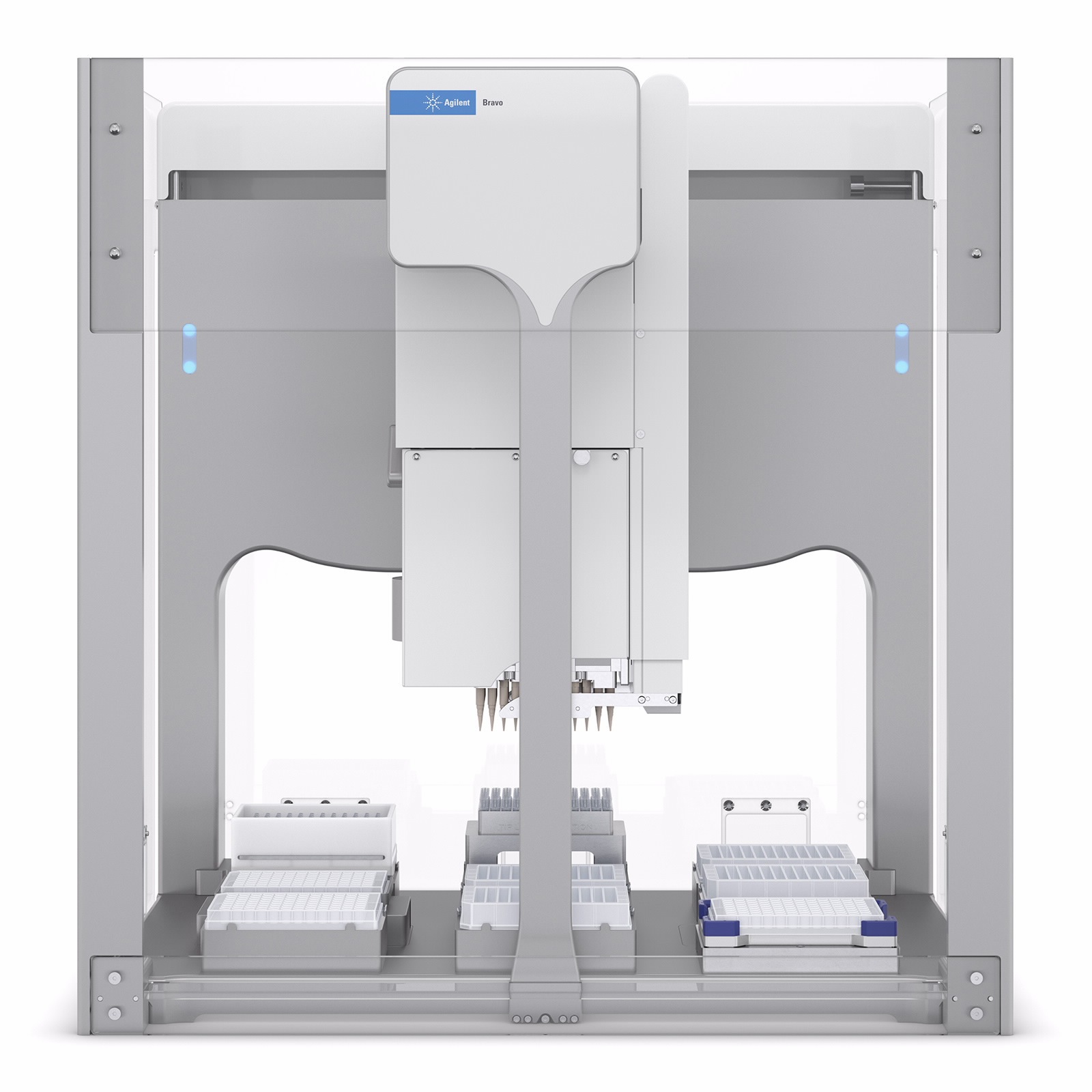General Workflow of the Clinical Proteomics Core Facility
The Translational Proteomics Core Facility offers state-of-the-art technologies for the automated high-throughput processing of clinical sample cohorts. We can process various sample types including biofluids, such as blood plasma and cerebrospinal fluids, isolated cells, and tissue (fresh and FFPE-fixed). Depending on your specific requirements we use different sample preparation strategies and automated liquid handling systems to get the best possible results. The Evosep One liquid chromatography system ensures reproducible and sensitive peptide separation for high throughput projects. In combination with our mass spectrometric work horse, the Bruker TimsTOF Pro 2, we provide comprehensive proteomics datasets which fulfill your scientific needs. All acquired data is stored on two independent petabite storage server for up to five years. With our xxx-core workstation projects with hundreds to thousands of samples are processed within days using powerfull proteomics software tools. We provide basic data analyses and post-analytic consulting to enable you to answer your scientific questions.


Automated In-Solution Digestion (Standard)
In-solution trypsin digestion of standard proteomics samples. Sample types that might be processed by this protocol include cells / cell pellets, tissue, isolated cells or body fluids (blood plasma, CSF).
Principle of In-Solution Digestion


Automated SP3 Digestion (low input)
For low sample amounts the Single-Pot Solid-Phase-enhanced Sample Preparation (SP3) protocol is used. Magnetic beads coated with carboxy-sitechains allow not only the enrichment of proteins in solution but further enables the removal of commonly used detergents like SDS or NP-40 which are not compatible with the LC-MS pipeline.
Principle SP3 Digestion


Deep Plasma Proteomics Sample Preparation
Standard blood plasma studies suffer in proteomics depth because of the high dynamic range of the samples. Only a couple of proteins such as albumin make up major amounts of the total protein content in plasma samples. More interesting but low abundant proteins like inflammatory proteins are not detectable by classical strategies. Seer offers a proprietary, nanoparticle-based technology which enriches all proteins from blood plasma samples with same affinities. While standard LC-MS analyses of plasma allows the detection of hundreds of samples the Seer Proteograph protocol enables the identification and quantification of thousands of proteins including protein isoforms.
Principle Seer Proteograph

